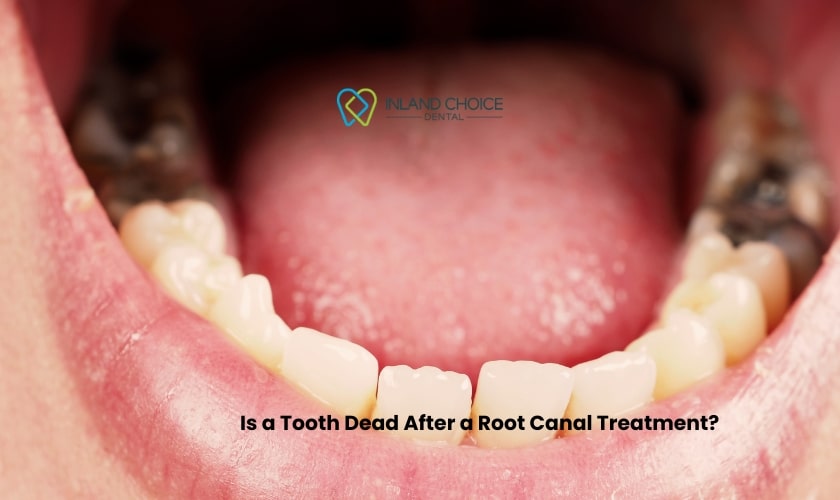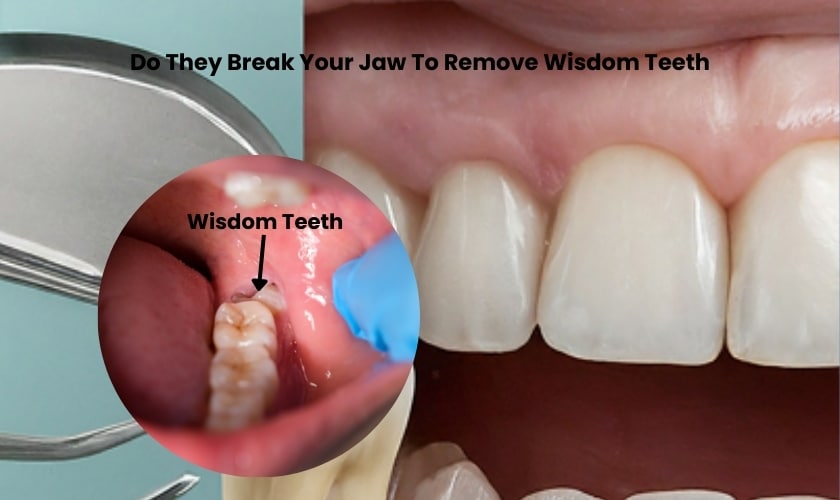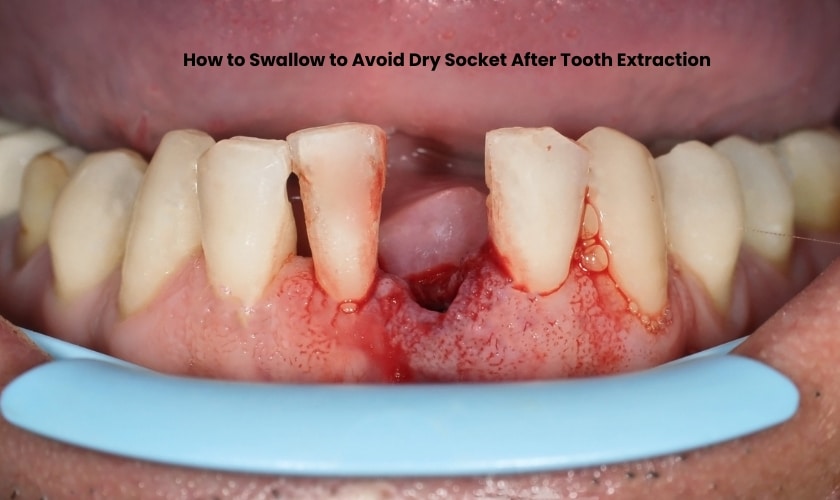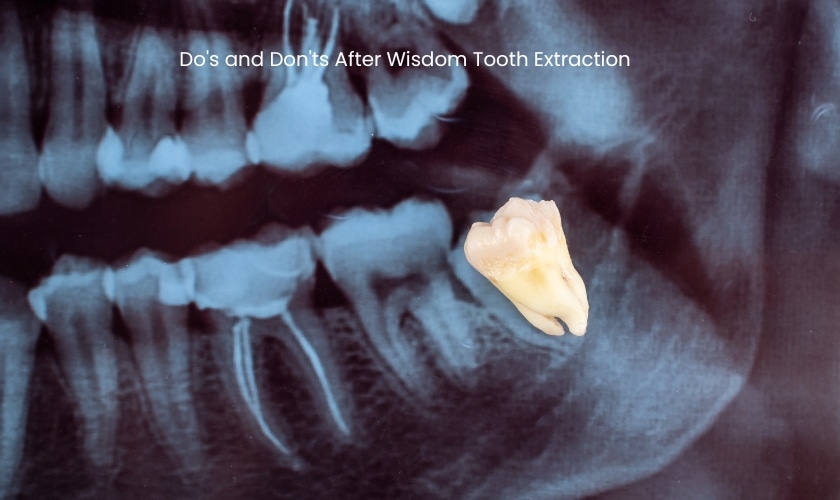
Is a Tooth Dead After a Root Canal Treatment?
Toothaches are no fun. They can throb, they can pulse, and they can make you want to crawl out of your skin. If you’ve ever experienced a severe toothache, you might have considered a root canal. But there are a lot of misconceptions about root canals, including the belief that they leave you with a “dead” tooth.
So, is a tooth dead after a root canal treatment? The answer might surprise you! In this blog post, we’ll debunk the myth of the dead tooth and explore the wonders of root canals. We’ll answer all your burning questions, from what a root canal is to how long a treated tooth can last.
Root Canal: A Lifesaver for Your Tooth
A root canal is a dental procedure that removes infected pulp (the soft tissue inside your tooth) to save the tooth from extraction. The pulp comprises nerves, blood vessels, and connective tissues. When bacteria invade the pulp through a cavity, crack, or gum disease, it becomes inflamed and infected. This infection can cause severe pain and even lead to an abscess (a pus-filled pocket at the tip of the root).
During a root canal, the dentist numbs the area around the tooth. Then, they create a small opening in the crown (the top part of the tooth) to access the pulp. The dentist carefully removes the infected pulp and cleans the canals (tiny passageways) within the root of the tooth. Finally, they fill the canals with a special material and seal the tooth.
While the procedure may sound daunting, it’s a relatively routine treatment performed by dentists across the country. In fact, millions of root canals are performed each year, saving countless teeth and smiles.
Who Needs a Root Canal?
Not everyone with a toothache needs a root canal. However, there are some telltale signs that indicate the need for this procedure. These include:
- Persistent and severe toothache
- Sensitivity to hot and cold temperatures
- Discomfort when biting or chewing
- Swollen or tender gums around the tooth
- A visible pimple on the gums near the tooth
If you experience any of these symptoms, it’s crucial to schedule an appointment with your dentist for a diagnosis. Early intervention is key to preventing further complications and ensuring successful treatment.
Is the Tooth Dead After a Root Canal?
Now, let’s address the big question: Is a tooth dead after a root canal treatment? The answer is a resounding no. Here’s why:
- A fully developed tooth doesn’t rely on nerves for survival. The nerves in the pulp primarily play a sensory role, sending signals to the brain about temperature and pressure. Once a tooth is fully formed, it doesn’t need these nerves to function properly.
- The root canal procedure only removes the infected tissue. The surrounding structures, like the periodontal ligament (which connects the tooth to the jawbone) and blood vessels, remain alive and continue to nourish the tooth.
Therefore, a tooth that has undergone a root canal is very much alive. It can still function normally in terms of biting, chewing, and supporting the structure of your face.
What is the Life of a Tooth After a Root Canal?
With proper care, a tooth that has undergone a root canal can last a lifetime! Here are some factors that influence the longevity of a treated tooth:
- The quality of the root canal procedure. A skilled and experienced dentist can perform a successful root canal that ensures the complete removal of infection and proper sealing of the canals.
- The strength of the remaining tooth structure. If the tooth has significant damage or requires a large filling, it might be more susceptible to fracture.
- Oral hygiene practices. Regular brushing, flossing, and professional dental cleanings are essential for maintaining good oral health and preventing future problems.
- Restoration of the tooth. Following a root canal, the dentist will typically place a crown (a cap) on the tooth to protect it and restore its functionality.
By following these steps, you can significantly increase the lifespan of your root canal-treated tooth.
Make an Appointment with Inland Choice Dental
At Inland Choice Dental, we understand that dental procedures can cause anxiety. Our Riverside dentist is dedicated to providing a comfortable and compassionate environment for all our patients. We offer advanced dental technologies and techniques to ensure a smooth and efficient root canal experience.
Contact us today to schedule an appointment and discuss your options. We’re here to help you achieve a healthy and beautiful smile!
FAQs:
1. Can I drive myself home after a root canal?
In most cases, yes, as the anesthesia typically wears off quickly. However, it’s always best to have someone else drive you if you feel groggy.
2. How long does a root canal procedure take?
The duration varies, but most root canals can be completed in one or two appointments, lasting 30-90 minutes each.
3. Is a root canal painful?
Modern dentistry offers anesthesia to minimize discomfort. You might experience mild soreness after, but medication can manage it.
4. What can I eat after a root canal?
Stick to soft foods like yogurt, applesauce, and mashed potatoes until the anesthesia wears off and any soreness subsides.
5. Will my tooth look different after a root canal?
Not necessarily. If the tooth needed a significant filling beforehand, it might appear slightly different. However, in most cases, a crown placed after the root canal restores the tooth’s natural look.



